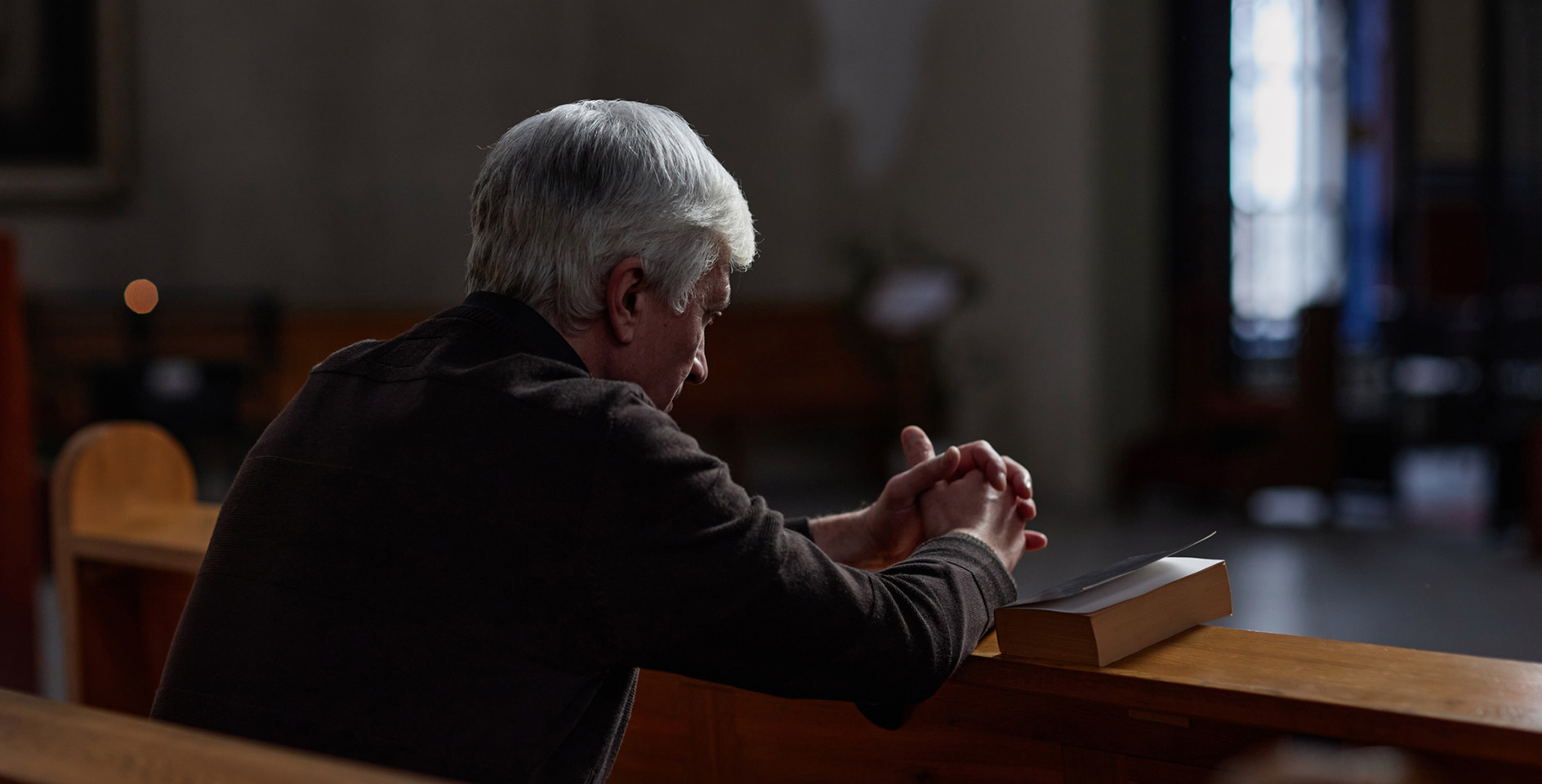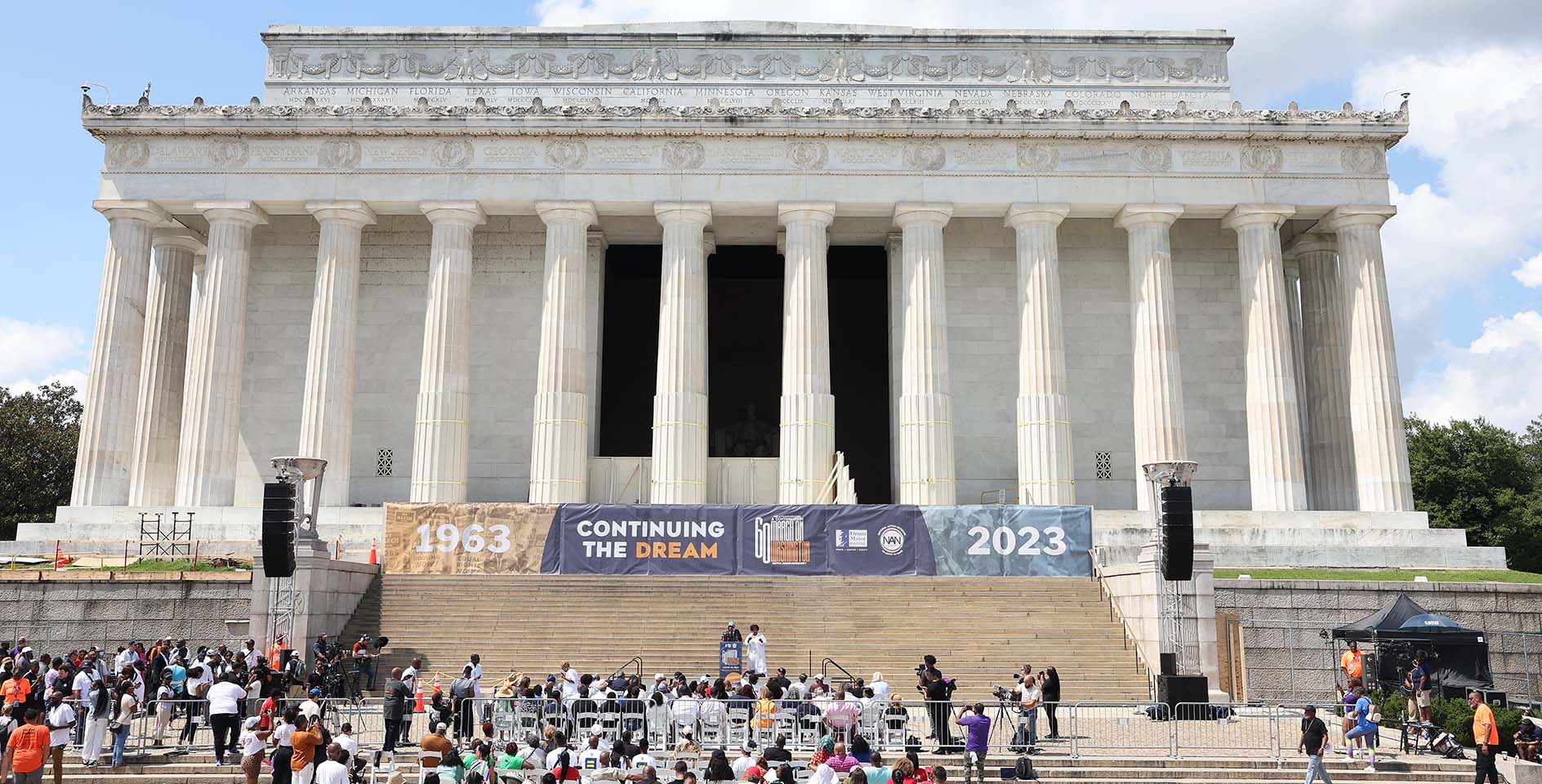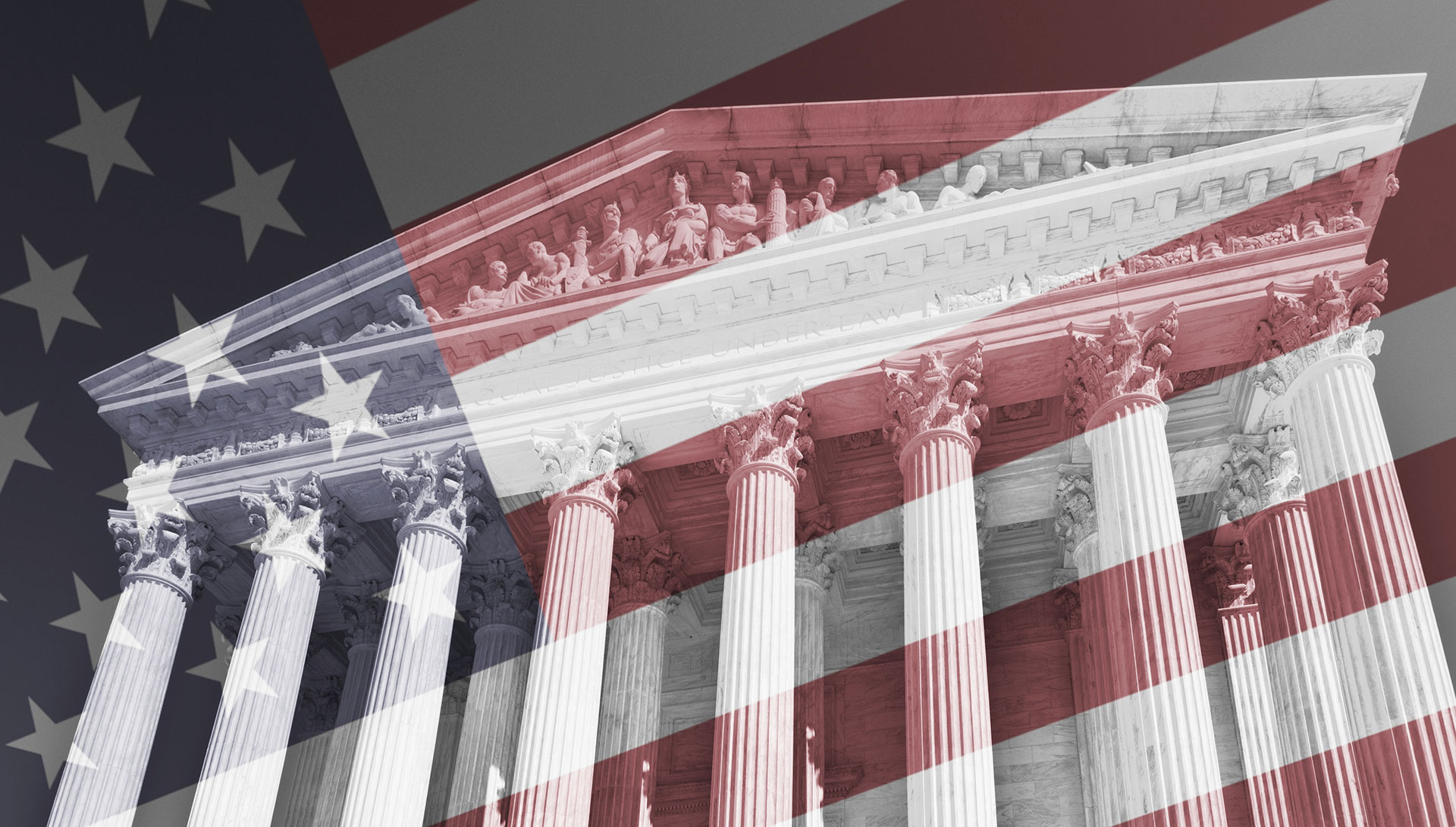Last Summer the Treasury Department announced that a “notable woman” would be added to the newly redesigned $10:
Democracy is the theme for the next redesigned series and the Secretary will select a woman recognized by the public who was a champion for democracy in the United States. The person should be iconic and have made a significant contribution to — or impact on — protecting the freedoms on which our nation was founded.
On Wednesday, Treasury Secretary Jack Lew announced that instead of replacing Andrew Hamilton on the $10, that President Andrew Jackson will be replaced on the front of the $20 with Harriet Tubman. Here are five things you should know about the legendary civil right leader.
1. Sometime in the early 1820s, a slave named Araminta Ross was born on Maryland’s Eastern Shore. She would later change her name to Harriet Tubman. (The surname Tubman comes from her first husband, John Tubman, a free black man. After marrying, she adopted the name "Harriet" after her mother: Harriet Ross.) While in her late twenties, Tubman and her two brothers initially escaped from slavery. However, when her brothers returned, she returned with them. She would later escape again with the help of the network known as the Underground Railroad, a network of secret routes and safe houses used by abolitionists, and made her way to Pennsylvania. Tubman later recalled how she felt upon arriving a free woman:
When I found I had crossed that line, I looked at my hands to see if I was the same person. There was such a glory over everything; the sun came like gold through the trees, and over the fields, and I felt like I was in Heaven.
2. Since none of Tubman’s family was with her in Pennsylvania (her husband John stayed behind and would later remarry), she returned on several trips to help lead her relatives to freedom. Over the next 15 years she would, with the help of others in Underground Railroad, lead approximately 70 slaves to freedom. She was given the nickname “Moses” by abolitionist William Lloyd Garrison, who compared her to the Hebrew leader who lead his people out of slavery in Egypt.
3. During the Civil War Tubman served the Union Army as a spy, helping map out areas of South Carolina. She became the only woman to lead men into battle during the Civil War when she guided a nighttime raid at Combahee Ferry in June 1863. While under fire, Tubman’s group freed more than 700 slaves from neighboring plantations. Both before and after her work as a spy she served as a nurse and cook for the army. But despite her service, Tubman never received a regular salary and was denied an official military pension.
4. After the Civil War Tubman became involved in other social reform movements, including temperance, women’s rights, and universal suffrage. Tubman once gave a speech alongside suffragette leader Susan B. Anthony and was introduced at the event as the “great Black liberator.” When a friend asked Tubman if women should have the right to vote she responded, “I’ve suffered enough to believe it.”
5. At a young age, Tubman suffered a traumatic head injury that caused her to have crippling headaches and disabling epileptic seizures. But it also gave her powerful visions, which, as a lifelong devout Christian, she attributed to God. The abolitionist Thomas Garrett once said about Tubman,
I never met with any person, of any color, who had more confidence in the voice of God, as spoken direct to her soul. She frequently told me that she talked with God, and He talked to her every day of her life . . . she said she never ventured only where God sent her, and her faith in the Supreme Power was truly great.










